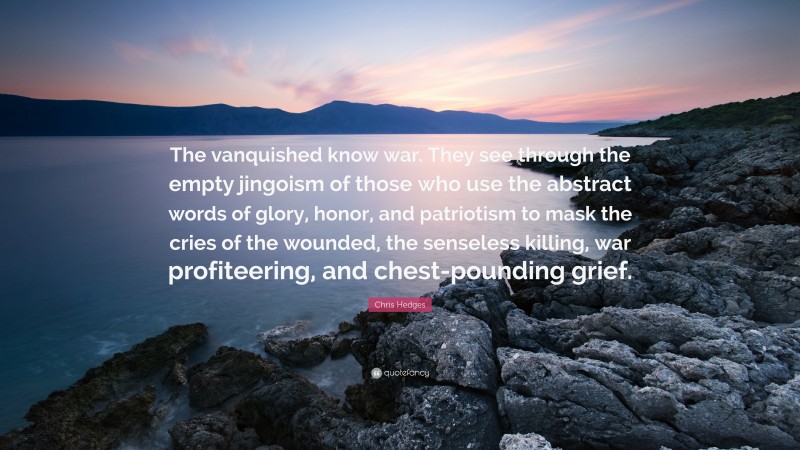

While some veterans said civilian shootings were routinely investigated by the military, many more said such inquiries were rare. This Nation investigation marks the first time so many on-the-record, named eyewitnesses from within the US military have been assembled in one place to openly corroborate these assertions. Forces, packed with detailed incidents that suggest that the killing of Iraqi civilians by occupation forces is more common than has been acknowledged by military authorities. Human rights groups have issued reports, such as Human Rights Watch’s Hearts and Minds: Post-war Civilian Deaths in Baghdad Caused by U.S.

But they nevertheless described such acts as common and said they often go unreported–and almost always go unpunished.Ĭourt cases, such as the ones surrounding the massacre in Haditha and the rape and murder of a 14-year-old in Mahmudiya, and news stories in the Washington Post, Time, the London Independent and elsewhere based on Iraqi accounts have begun to hint at the wide extent of the attacks on civilians. Many said that these acts were perpetrated by a minority. The soldiers, sailors and marines emphasized that not all troops took part in indiscriminate killings. Many also heard such stories, in detail, from members of their unit. Some participated in such killings others treated or investigated civilian casualties after the fact. Dozens of those interviewed witnessed Iraqi civilians, including children, dying from American firepower. Their stories, recorded and typed into thousands of pages of transcripts, reveal disturbing patterns of behavior by American troops in Iraq. They described a brutal side of the war rarely seen on television screens or chronicled in newspaper accounts. These combat veterans, some of whom bear deep emotional and physical scars, and many of whom have come to oppose the occupation, gave vivid, on-the-record accounts.


Over the past several months The Nation has interviewed fifty combat veterans of the Iraq War from around the United States in an effort to investigate the effects of the four-year-old occupation on average Iraqi civilians.


 0 kommentar(er)
0 kommentar(er)
